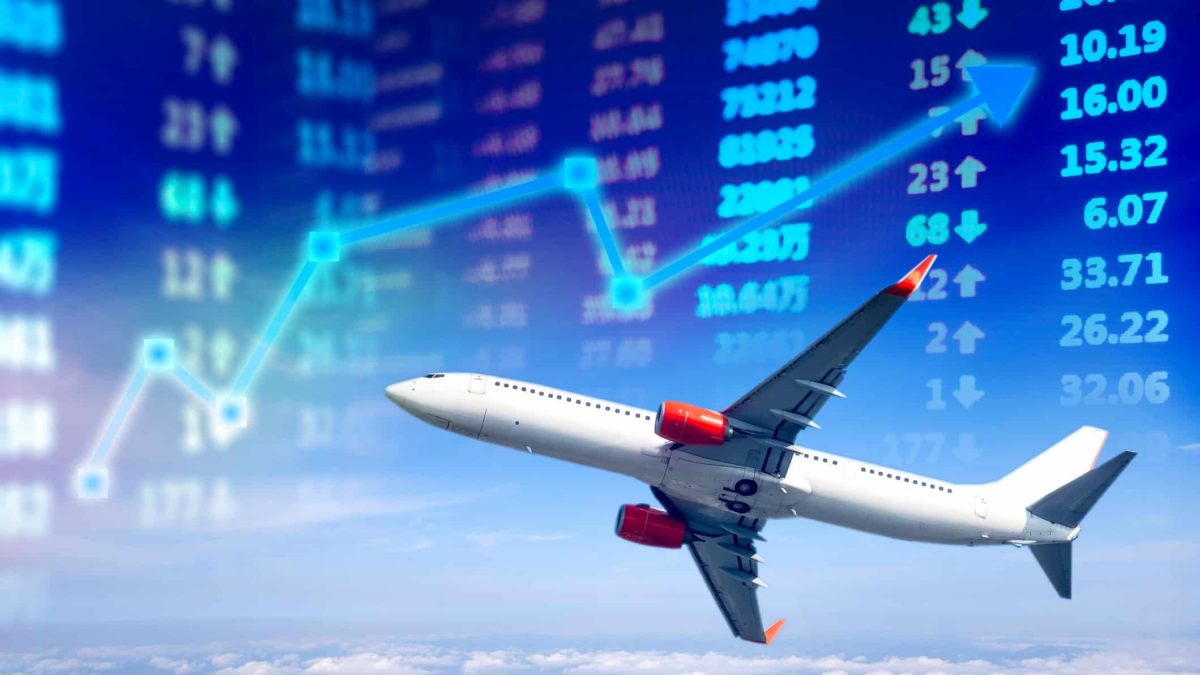It has been a tough year for the airline industry with the grounding of flights and uncertainties in the travel market. Revenue has been hammered and companies are burning through their cash pile.
The Qantas Airways Limited (ASX: QAN) share price has been heavily traded since March, falling 52% from its all-time high of $7.46 reached in December last year. At the time of writing, the Qantas share price is up 0.28% for the day at $3.57.
So, when will Australia's largest carrier (and its share price) be flying high again?
What happened?
Since early this year, the world has been swept up with the coronavirus pandemic. Entire industries have been shut down and foot traffic has come to a standstill.
Qantas has seen its revenue stripped away, with its aircraft parked at tarmacs around Australia or in the Mojave Desert in California – where its A380 super jumbo jets have been sent for deep storage.
The company has taken a number of measures to reduce its cash burn rate of approximatively $40 million a week. Initiatives such as standing down 6,000 employees, deferring capital spending and revoking its dividend payout to shareholders have been implemented to try and staunch the bleeding.
And whilst management have been diligently working to get the company though this crisis, liquidity may be an issue for the long-run. As of 5 May, Qantas had $2.5 billion in cash, undrawn facilities of $1 billion and an unencumbered fleet value worth $2.7 billion. The recent share purchase plan – which failed to reach its $500 million target – may be a sign of a slow recovery.
What's next for Qantas?
All eyes will be on the company as it releases its full year results. Analysts at Goldman Sachs expect Qantas to report earnings before interest, taxes, depreciation, amortisation and restructure (EBITDAR) of $2.2 billion. This will be a 37% decline on FY19's result. Underlying net profit is expected to be around $25 million, a sharp drop from $912 million the year before.
Goldman doesn't expect Qantas to pay shareholders a final dividend, which could potentially weigh on investor sentiment and send the Qantas share price lower.
Investors will be looking to see how Qantas plans to minimise costs from the coronavirus outbreak and what proactive measures the airline is taking to create a stronger platform for future profitability and growth.
Is the Qantas share price a buy?
In my opinion, I think that while the Qantas share price may be turbulent for now, restrictions will eventually ease and the company will again return to strong profitability. Domestic services are predicted to resume at the end of 2020, and Qantas does have the lion's share in this market. Given the airline's strong financial track record and disciplined management team, I would class Qantas shares as a buy for the long term.








